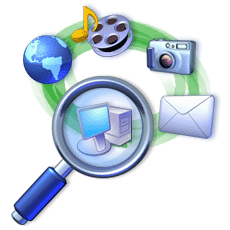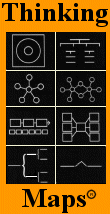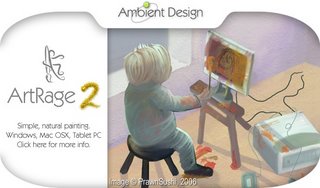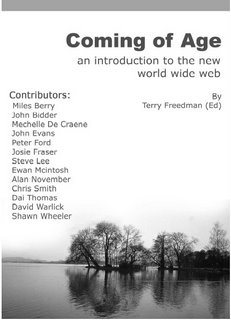Millionaires or Monsters

I listened to Mike Anderson speaking at a school function last night and he presented a really excellent analogy that I think will help people understand what we are trying to develop in education in New Zealand. He contrasted the type of education required to be successful at "Who wants to be a millionaire". The filling up of the mind with facts as a model for teaching and learning contrasts with the sort of learning that is happening in "Monster Garage". If you haven't seen this great show it is worth a look. Briefly, a group of blokes transform a vehicle into something else by chopping and modifying. The example Mike showed was the transformation of a race car into a high speed line painter. The point he was making was that the planning, trial and error, arguing over, frustration, testing, hypothesising, remaking, collaborating, conflict resolution, measuring, building, rebuilding, evaluating, drawing, resource gathering, task definition, and celebrating the success demonstrated in the learning required to be successful in Monster Garage is far more relevant and important than the fact learning required to be successful at 'Who wants to be a millionaire".
I loved his analogy and think it illustrates well the shift in focus of education away from teaching stuff, to teaching children to be good learners. I wonder though how much time to we spend assessing children's abilitiy to learn rather than measuring what they have learnt. I'm not saying that all knowledge is unimportant because clearly we want our children to know their basic facts and their times tables and to be able to put capital letters in correct places and know that speech marks indicate what was spoken etc etc etc. The point is that if we only focus on measuring this content we miss an opportunity to work with children to help them learn what will help them to become better learners. In listening to Mike I was encouraged to think that the things he was highlighting as important issues are the things we have been talking about as a professional development cluster.
The new draft curriculum implementation in New Zealand is an opportunity for teachers to grapple again with the balance between content and learning skills. The draft curriculum calls them Key Competencies.


















